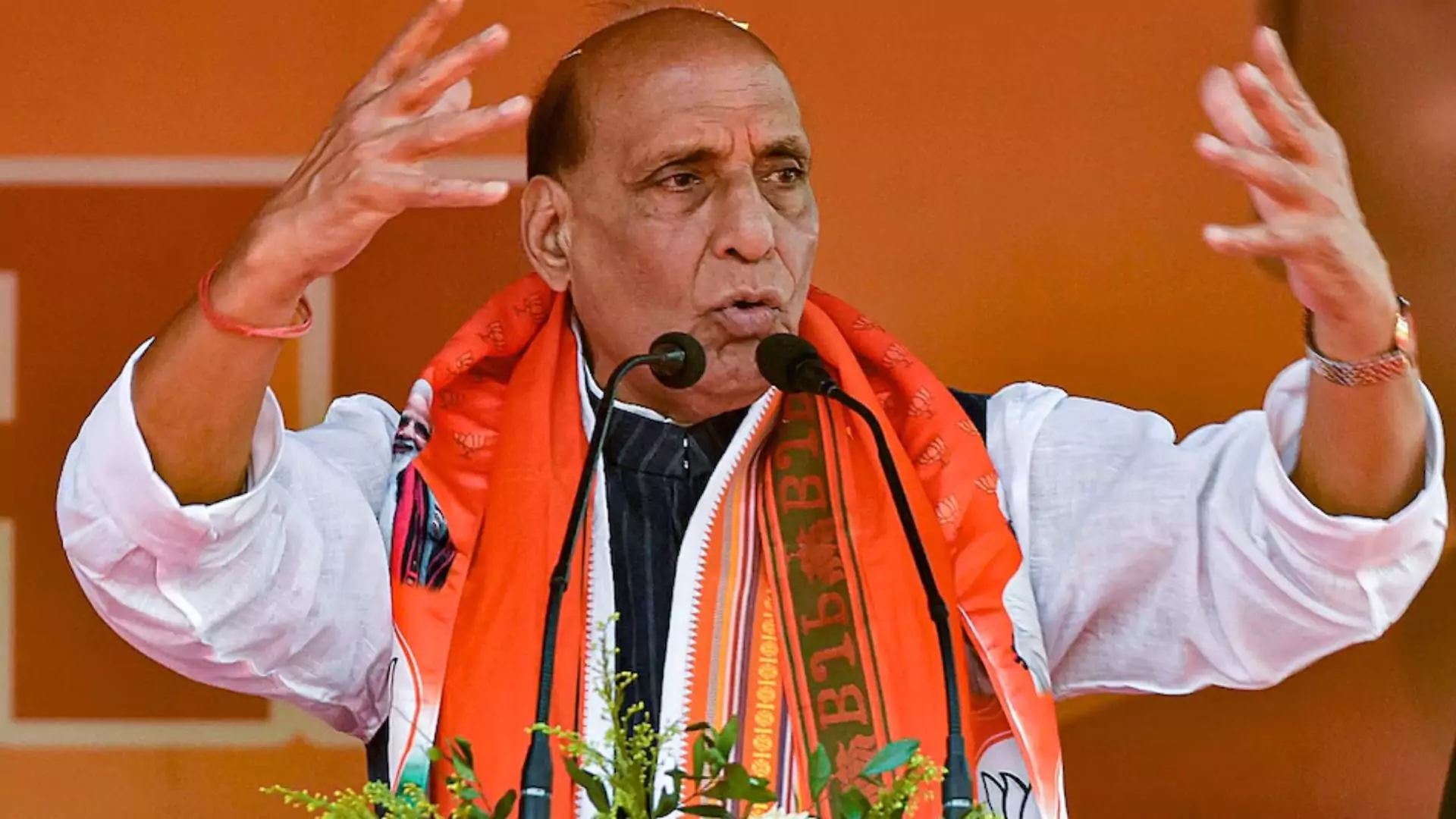In a significant development regarding India-China relations, Defence Minister Rajnath Singh addressed the ‘Chanakya Defence Dialogue’ in New Delhi, highlighting that a broad consensus has been reached to restore the ground situation along the Line of Actual Control (LAC) in Ladakh. This consensus is rooted in the principles of equal and mutual security between the two nations.
Key Insights from Rajnath Singh’s Address
During his keynote speech, Singh emphasized the importance of continuous dialogue in resolving differences between India and China. He stated, “The broad consensus achieved by India and China to resolve their differences in certain areas along the LAC is proof that continuous dialogue brings solutions.” This statement underscores the ongoing diplomatic and military discussions aimed at addressing specific issues along the contested border.
The Role of Continuous Dialogue
Rajnath Singh noted that the dialogue has included high-level discussions and military talks, demonstrating a proactive approach to diplomacy. He remarked that the achieved consensus covers crucial aspects such as traditional patrolling and grazing areas. This aspect of dialogue reflects a mutual understanding that is essential for maintaining stability in the region. “The power of engaging in continuous dialogue is evident because, sooner or later, solutions will emerge,” he added.
MUST READ: ‘Let Those Affected By Demolition Come To Court’, Says SC
A Vision for Self-Reliance in Defence
In addition to discussing the border situation, Singh articulated India’s distinctive vision regarding development and security. He pointed out that achieving self-reliance in defence is a prominent national goal. This transformation aims not only to strengthen national security but also to stimulate economic growth. Singh elaborated, “When we discuss transforming India’s defence sector into a self-reliant entity, we recognize the far-reaching ripple effects of such economic interventions.”
Economic and Security Benefits
The Defence Minister outlined several benefits of this approach, which include:
- Boosting Income: Enhancing economic opportunities for citizens.
- Creating Jobs: Generating employment in the defence sector and related industries.
- Advancing Manufacturing: Promoting domestic manufacturing capabilities.
- Fostering Research and Development: Encouraging innovation in defence technologies.
- Establishing Supply Chains: Building resilient supply chains to support defence needs.
- Enhancing Overall Resilience: Strengthening the nation’s capacity to respond to challenges.
Singh emphasized that these measures not only bolster national security but also invigorate India’s economy as a whole.
Prime Minister Modi’s Remarks on India-China Relations
Meanwhile, Prime Minister Narendra Modi met with Chinese President Xi Jinping during the BRICS Summit. Modi welcomed the recent agreement reached between the two countries regarding patrolling arrangements along the LAC. He reiterated that maintaining peace and stability on the border should be a top priority for both nations. Moreover, he stressed that mutual trust should be the foundation of bilateral ties, emphasizing the broader implications of the India-China relationship for global peace and stability.
The developments in India-China relations, particularly the consensus achieved regarding disengagement at the LAC, reflect a commitment to resolving issues through dialogue. The focus on self-reliance in defence and economic growth demonstrates India’s strategic vision for a secure and prosperous future.
(WITH INPUTS FROM ANI)
MUST READ: Aaditya Thackeray Confident Of MVA Victory In Maharashtra Elections


















